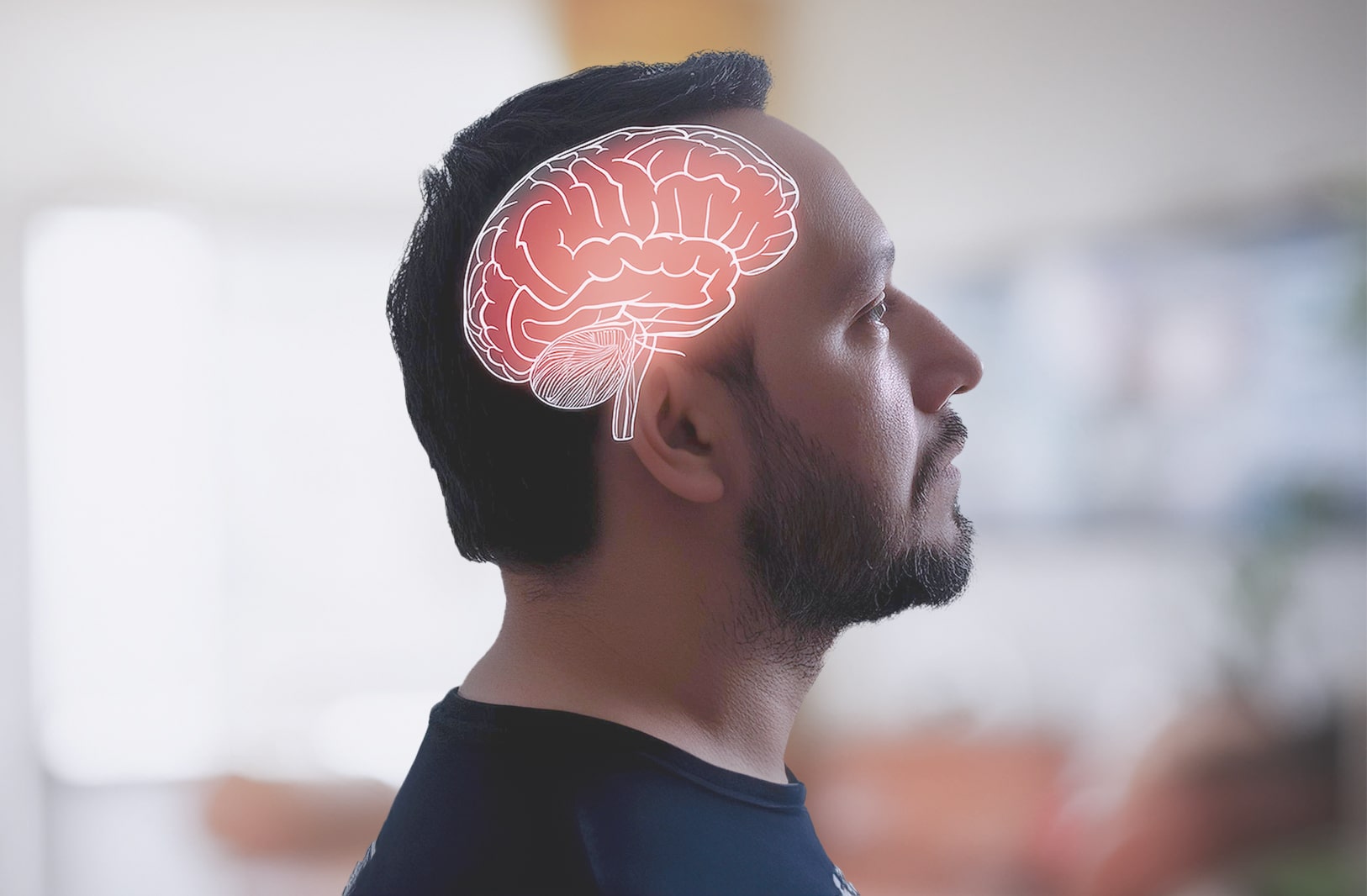
By: Dr. Saadia Shahnawaz
Medical Director
Hypertension, commonly known as high blood pressure, is a prevalent condition that affects millions globally and has a public health impact worldwide. Defined as having a sustained blood pressure of 140/90 mmHg or higher, hypertension is particularly notorious for its role in contributing to heart disease and stroke. But, while well-recognized for its role in cardiovascular disease, hypertension’s influence on cognitive function is a burgeoning area of research, revealing profound implications for cognitive decline and dementia.
Over time hypertension can impair cognitive function by reducing blood flow and nutrient delivery to the brain. Major risk factors for hypertension include genetics, lifestyle factors such as physical inactivity, poor diet, and excessive alcohol consumption. The often asymptomatic nature of early-stage hypertension complicates timely diagnosis and intervention, increasing the risk of long-term cerebral damage. Research increasingly supports the link between hypertension and cognitive decline. Hypertension contributes to the narrowing of cerebral arteries, compromising blood flow and leading to neuronal damage. This vascular pathology is a precursor to both vascular dementia and, through multifactorial pathways, Alzheimer’s disease1.
The brain depends on a rich supply of blood to function correctly. Reduced blood flow can lead to less oxygen and nutrients reaching brain cells, which may impair brain function and lead to the death of neurons. Additionally, hypertension is associated with the development of small vessel disease, which affects the brain’s white matter. Seminal findings by Ladecola (2016) in Nature Reviews Neuroscience describe how hypertension exacerbates cerebrovascular damage and promotes neurodegeneration, primarily through the acceleration of cerebral small vessel disease and the resultant disruption of white matter integrity1. This can disrupt the brain’s communication pathways and impair cognitive abilities, manifesting as problems with memory, attention, and problem-solving skills.
Individuals with uncontrolled hypertension may initially experience subtle cognitive impairments, such as difficulties with concentration, memory lapses, and slowed mental responsiveness. As the condition progresses, these impairments can become more pronounced, potentially leading to more severe forms of cognitive dysfunction like vascular dementia or mixed dementia (a combination of Alzheimer’s disease and vascular dementia).

Furthermore, longitudinal research such as the Framingham Heart Study has empirically demonstrated that individuals with untreated hypertension have a significantly elevated risk of developing cognitive impairments, including both vascular dementia and Alzheimer’s disease2. Clinical evidence strongly advocates for early detection and management of hypertension to mitigate its cognitive impacts. Lifestyle interventions—such as diet modifications, regular physical exercise, and maintaining a healthy weight—are foundational in managing hypertension.
The SPRINT MIND study highlights the efficacy of intensive blood pressure control in significantly reducing the risk of mild cognitive impairment, an established precursor to dementia3. When lifestyle modifications prove insufficient, pharmacological treatments, including ACE inhibitors, beta-blockers, and calcium channel blockers, are employed to achieve and maintain optimal blood pressure levels, thus potentially slowing cognitive decline.
The relationship between hypertension and cognitive decline is well-documented and clinically significant. Managing hypertension effectively is not only crucial for cardiovascular health but also for preventing cognitive deterioration. As ongoing research continues to elucidate the mechanisms linking hypertension with cognitive outcomes, it is imperative for healthcare providers to incorporate these insights into comprehensive patient care to preserve cognitive functions and improve overall quality of life.
- Iadecola, C. (2016). The Pathobiology of Vascular Dementia. Neurology, 32(17), 1527-1535.
- Framingham Heart Study. (2019). Impact of High Blood Pressure on Cognitive Function: Results from the Framingham Heart Study.
- SPRINT MIND Investigators. (2019). Effect of Intensive Blood Pressure Control on Cognitive Health. American Journal of Psychiatry, 176(7), 574-583.






